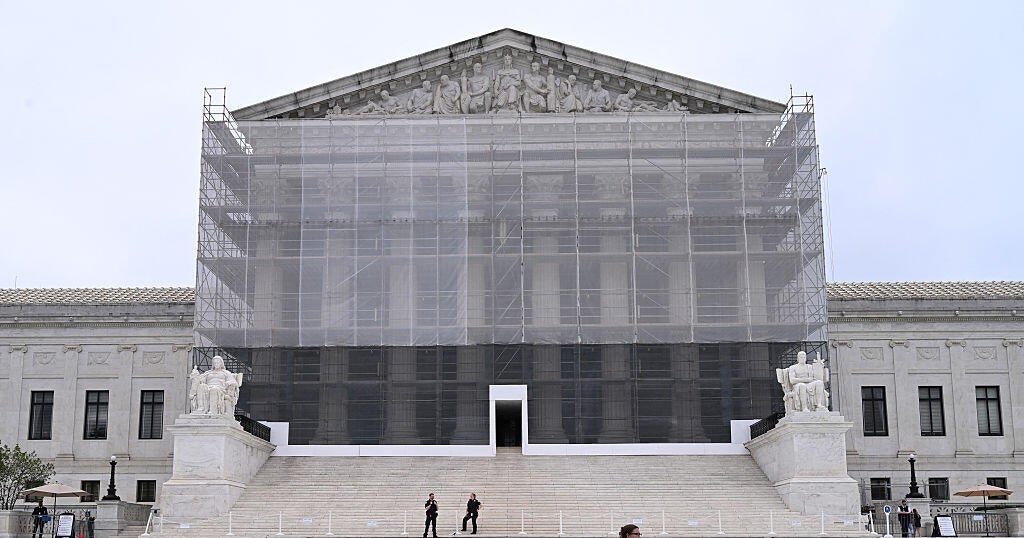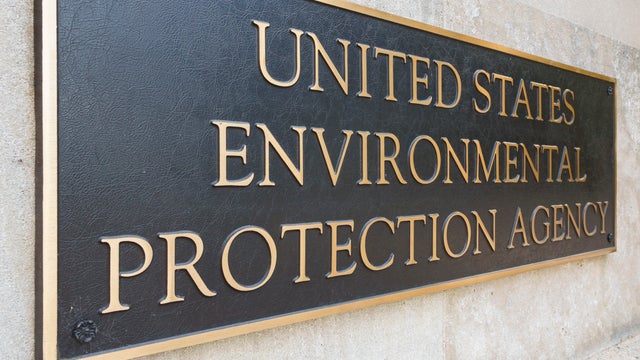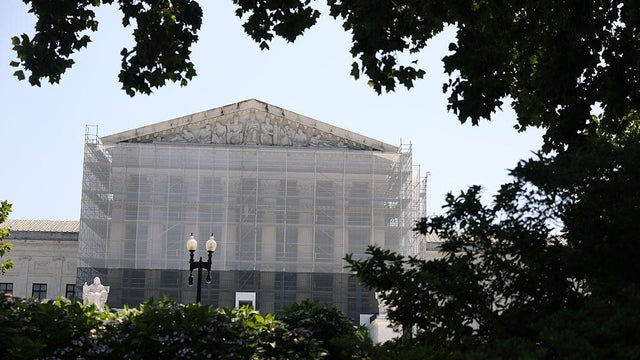

No response returned

Washington — The Supreme Court on Thursday declined to review a blocked Montana law that would require physicians to obtain a parent's consent before performing an abortion on a minor, leaving intact a state high court decision that invalidated the requirement.
In the appeal from Montana state officials, the high court turned away what the officials said was a chance to clarify the scope of parents' right to be informed of and participate in their children's medical decisions, including abortion.
Justice Samuel Alito, joined by Justice Clarence Thomas, wrote a separate statement respecting the court's decision not to take up the case. Alito said the case is a "poor vehicle" for deciding the question at hand.
"It is therefore especially important that the denial of review is not read by interested parties or other courts as a rejection of the argument that the petition asks us to decide," Alito wrote.
The long-running dispute dates back to 2013, when the Montana legislature approved the Parental Consent for Abortion Act, which requires physicians to obtain notarized written consent from a parent or guardian before performing an abortion for patients under the age of 18. The law allows a minor who cannot get parental consent to access abortion care through a court order.
Before the consent law took effect, in July 2013, Planned Parenthood sued to block the measure as a violation of the Montana Constitution. The Montana attorney general agreed to a preliminary injunction preventing enforcement of the consent requirement, and it has never gone into effect. A separate state law that requires parental notification before an abortion is performed on a minor is in place.
The case languished for several years until the Supreme Court in 2022 . A state trial court ruled that the consent requirement violated the Montana Constitution because it interfered with a minor's right to privacy.
The state appealed, and the Montana Supreme Court upheld the district court's decision. It found that when evaluated under the most stringent level of judicial review, strict scrutiny, the consent law was not narrowly tailored to any of Montana's compelling interests that they said justified the requirement.
The consent rule, the state supreme court found, violates the "fundamental right of a minor to control her body and destiny," as guaranteed by the state constitution.
Montana officials asked the U.S. Supreme Court to review the state court's decision earlier this year and warned that its view of a minor's right to privacy under the state constitution threatens parental rights under the federal Constitution to direct their child's medical care, including decisions about abortion and access to contraception.
"State experimentation with the scope of a minor's state constitutional right to seek an abortion threatens to erode parents' federal fundamental rights," Montana Attorney General Austin Knudsen in urging the Supreme Court to take up the appeal.
State officials are asking the justices to decide whether a fundamental right to direct the care and custody of their children includes a right to "know and participate in decisions" about their medical care, including getting an abortion.
But lawyers for Planned Parenthood urged the high court to turn away the case because it involves unique provisions of Montana's Constitution — one that grants all Montana citizens the right to individual privacy and a second that guarantees minors the same state constitutional rights as adults.
State officials, they wrote in a "seek to use the parental right as a cudgel against a minor's rights."
"The court's protection of a minor's right to privacy is not any less of a deserving counterweight to the federal Constitution's guarantee of parental rights, simply because that protection inheres in Montana's constitution," Planned Parenthood lawyers wrote.
The Montana Supreme Court recognized the right to abortion under its constitution in 1999, and it is legal up to the point of fetal viability. In the 2024 election, Montana voters that amended the state constitution to "expressly provide a right to make and carry out decisions about one's own pregnancy, including the right to abortion."





